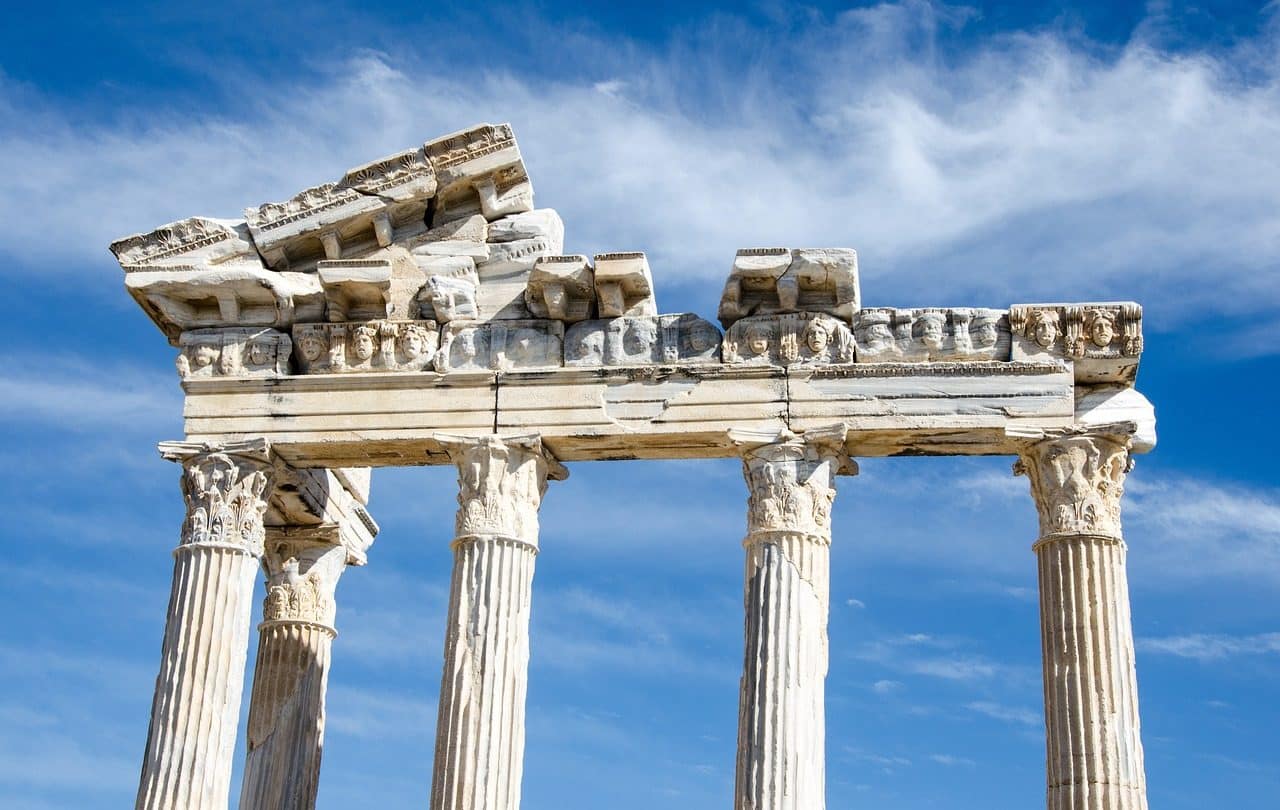
Classical antiquity is a period of the Ancient Age.
Antiquity is the condition or property of ancient : that it took place in a past and distant time or that it belongs to it. The concept comes from the Latin term antiquĭtas .
The notion can be used to name said past tense . For example: "In ancient times, people used to gather around the radio to listen to the most important sporting events" , "Those things happened in ancient times, now it's different" , "I don't understand how in ancient times they could live without phones or Internet .
Ancient Age
History calls the Ancient Age the time in which the first civilizations emerged and developed. Conventionally, the invention of writing is often used as a reference point to study the beginning of ancient history.
The Greco-Roman period belonging to the Ancient Age is known by the name of classical antiquity , which lasted a long time and is located between high and low antiquity. More specifically, it is about the time when Ancient Rome and Ancient Greece carried out the development of Greco-Roman civilization , also known as the Greco-Roman world.

A typewriter is an antique.
Objects with history
Objects whose value lies in the passage of time are also called antiques: «Every Sunday an antiques fair is organized in the central square» , «For my birthday, my mother gave me a beautiful Chinese antique that I have located in the living room of my house" , "I have several antiques to sell" .
The importance of this type of antiques lies in the fact that they are elements that characterize a past period and that are no longer used today. Typewriters can be considered antiques because computers have replaced them.
The importance of antiques
It is difficult to describe the sensations that an antique can awaken in people who are more sensitive to the passage of time and the development of culture . An object created centuries, or even decades ago, can mean an incomparable find for a researcher to the point of changing their life. However, this same thing may be absolutely useless in the eyes of another individual.
The value of an antique is, therefore, relative to the observer. In the field of academic music, for example, there are those who dedicate much of their time to searching for works that have been forgotten . Every time they come across a century-old score that has been in darkness for centuries, they experience insurmountable joy; For a person who doesn't know how to read music, this may be nothing more than a foreign book that they will never read and that they would perhaps sell for a few coins at a flea market.
The term in the workplace
The number of months or years that a person has been in a job or in a position is also known as seniority: "I had twenty-five years of seniority in the company when they fired me due to a restructuring," "When you complete one year of seniority, You will be able to choose which shift you prefer to work" , "I don't think it is healthy for a mayor to have been in office for more than a decade" .
In the same way that objects called antiques often have incalculable value to certain people, the longer we stay in a job, the more important we become to the employer. Seniority in a company is a determining variable in issues such as salary, vacations and special permits.
It should be noted that seniority in a job can become an obstacle if the employee begins to demand certain privileges that the company is not willing to give them, either because they are not considered reasonable or because they do not have the necessary resources. In these cases, it is not uncommon for the situation to end in a dismissal for unclear reasons, as a result of a silent plot on the part of the employer to get the worker to make an unforgivable mistake.
